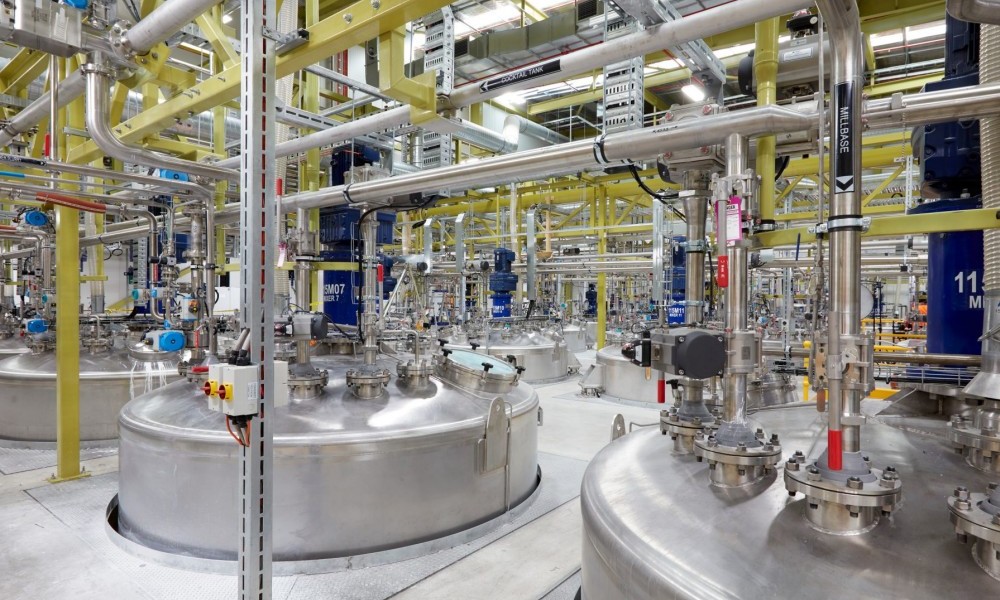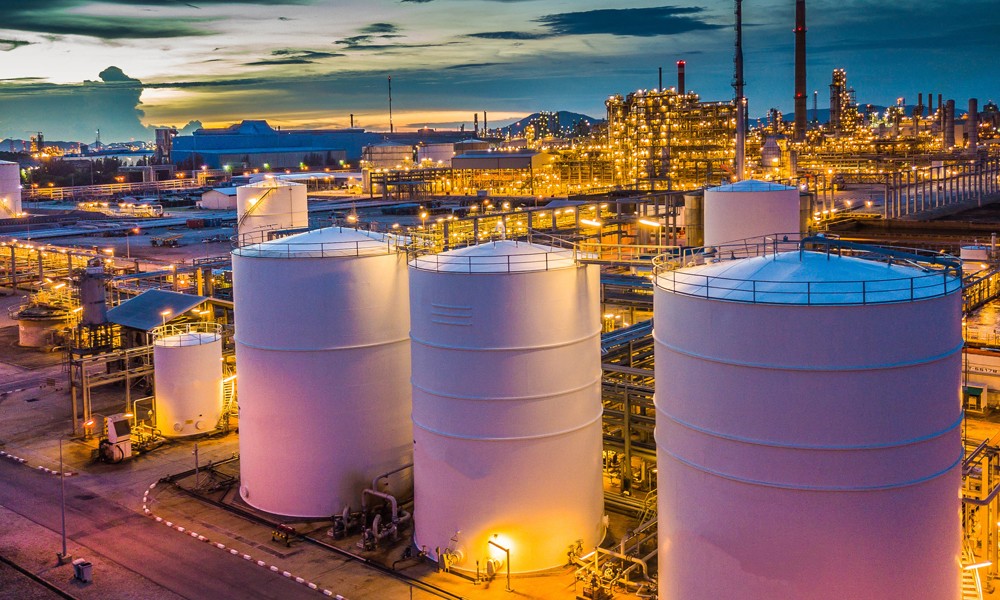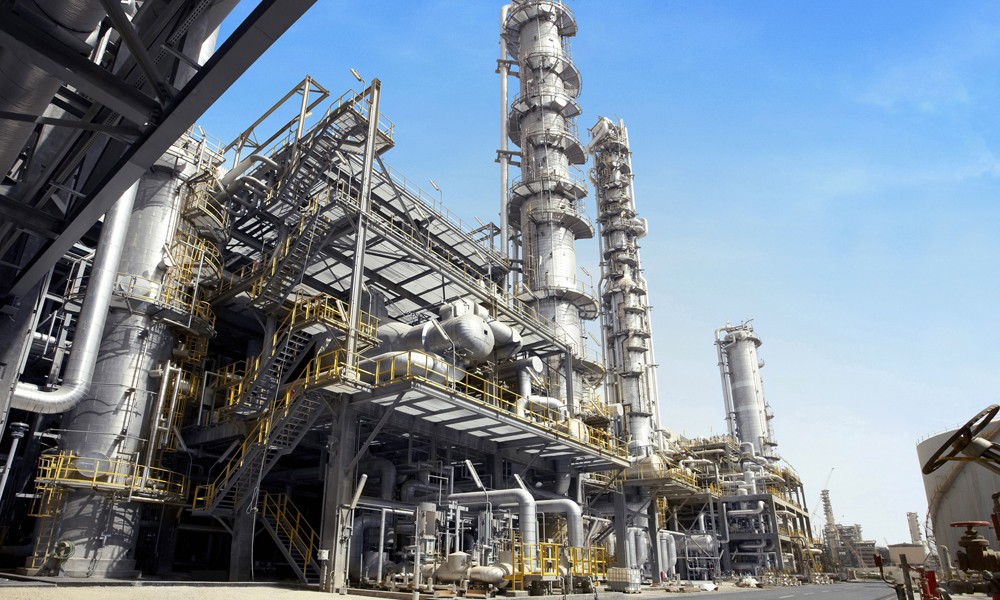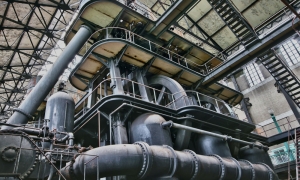Pharma & Chemicals

The pharmaceutical industry is expanding, which means the tools and technology used within the industry must do the same. One way pharmaceutical companies are keeping up with the changing times is by ensuring that their processing equipment continues to contribute to efficient, contamination-free production.
Equipment selections made by medicine and drug manufacturers, as well as biotech, biopharmaceutical, and life science operations, are done to improve processing capabilities, which improves their ability to overcome common production challenges in a repeatable process.
Pump selection is the first step for pharmaceutical companies trying to achieve optimal processing.
Why industrial pumps are important to the pharmaceutical industry
Industrial pumps are used in various pharmaceutical processes to transport fluids through tubing to process equipment. They not only must be able to prevent contamination and maintain hygiene and sanitary standards, but they also must ensure that the drugs and medications don’t lose their efficacy after going through the various processes.
Industrial pumps play a much bigger role in this process than you may think. Without efficient pumps, manufacturers will not be able to achieve the desired results in the drying, distillation, sterilization, degassing, and crystallization processes. As a result, consumers will be unable to obtain medications.
When choosing a pump for a pharmaceutical facility, the cost comes second to the quality of the pump’s construction and design. The pump’s dependability is critical, as a faulty pump can cost a company thousands of dollars in non-compliant pharmaceuticals. If it doesn’t work properly, it can even introduce bacteria into the medicine.
To make matters even more complicated, it’s worth noting that the pharmaceutical industry uses different grades of water depending on the result. These are defined as bulk waters produced on-site or packaged waters produced in highly controlled environments.
















 SOLUTIONS
SOLUTIONS